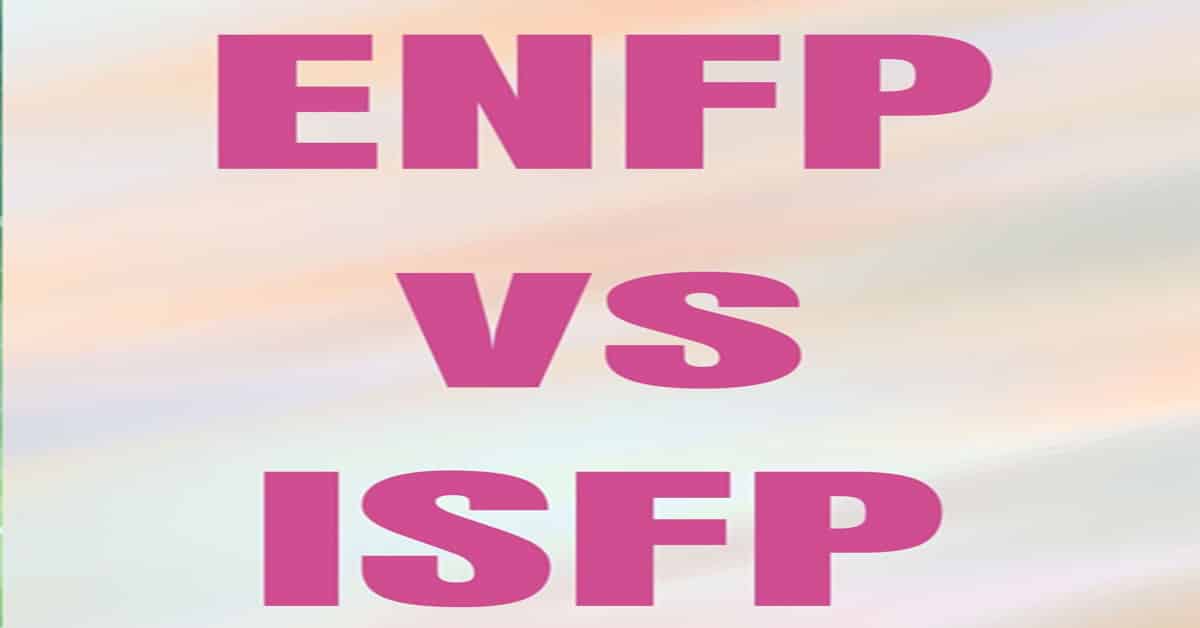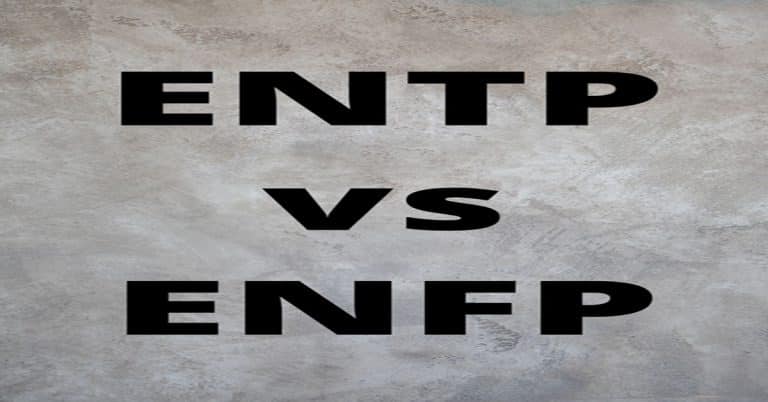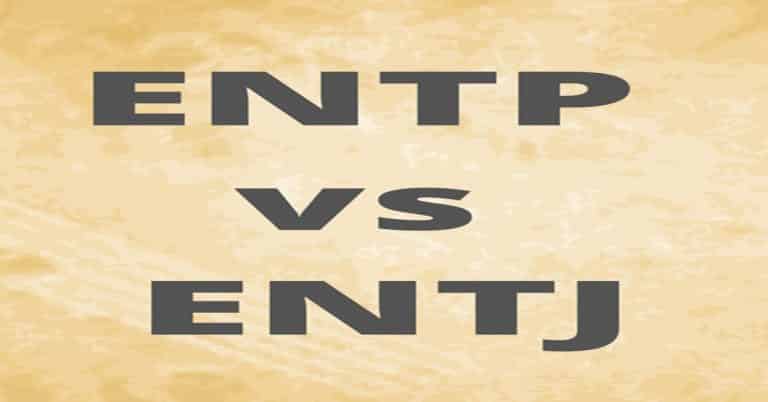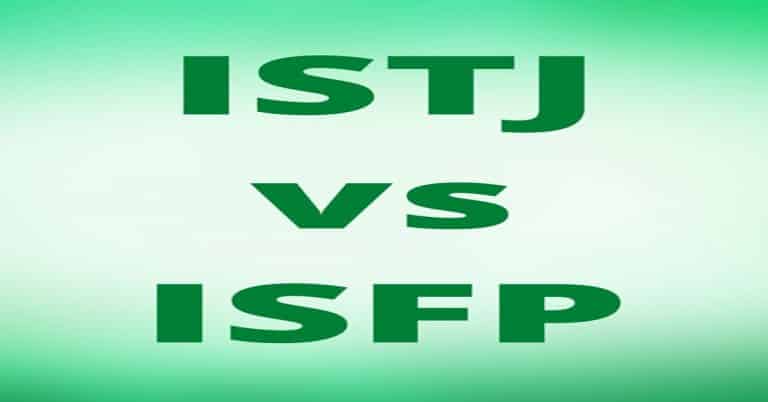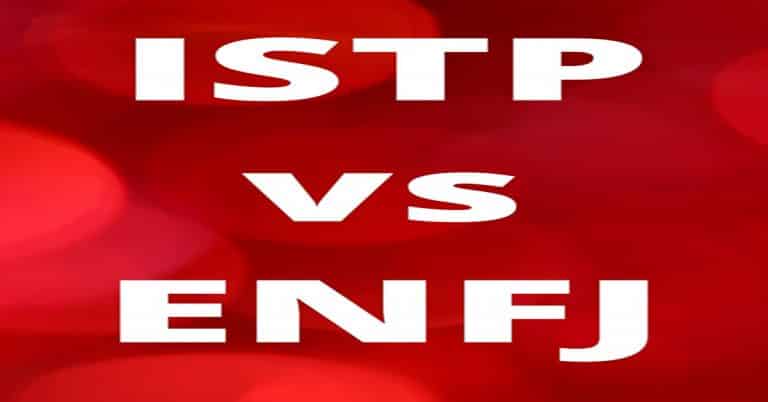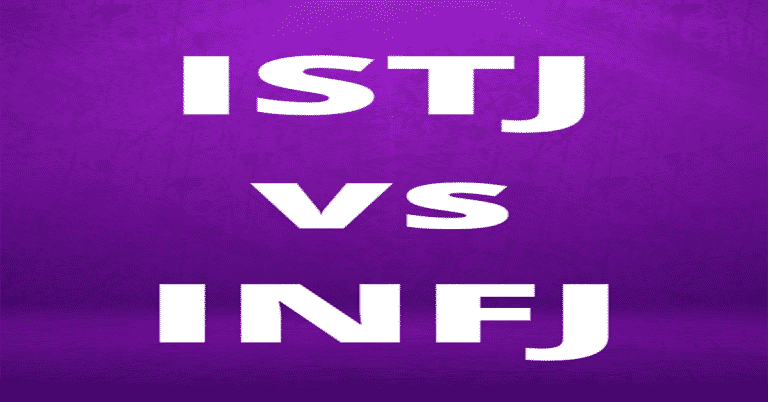ENFP vs ISFP
Contents
Key Differences and Compatibility in Relationships
ENFP and ISFP are some of the personality types from the Myers-Briggs inventory that people often compare with each other. The reason is that ENFPs and ISFPs have a feeling (F) and perceiving (P) traits in common. As a result, both are empathetic, spontaneous, and emotional. But are these two traits enough to establish a relationship? Or can differences in extraversion-introversion and intuition-observation arise problems?
In this article, we will review the main characteristics of ENFP vs ISFP, compare them in different aspects, such as romance, leadership, work, and values and see how compatible they are and if they can be a great match for romantic relationships.

ENFP: The Champion
ENFPs tend to be outstandingly energetic people. They are creative, generate innovative ideas, and care about other people. Their main advantage is indeed sociability. ENFPs can easily communicate with others and quickly manage to lead the groups in social situations. They adore developing new ways to solve problems and bring a unique perspective. ENFPs are oriented towards people, and always try to keep in mind what will happen in the future.
ENFPS are referred to as “the champions” and their personality traits are Extraversion, iNtuition, Feeling, and Perceiving.
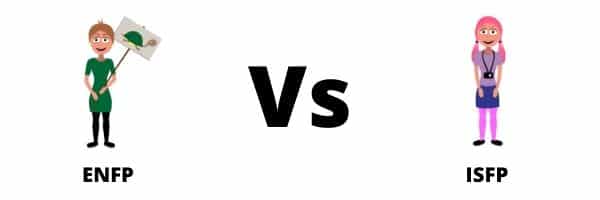
ISFP: The Artist
ISFPs are people of quiet and shy personalities who value harmony in nature. They believe that the present is more important than the past and the future, and always try to avoid confusion and keep things as clear as possible. Considering they have the Feeling personality trait, these people are very empathetic and can feel what others feel and look at things from their perspective. Usually, they easily remember things from the past and enjoy doing practical activities. Although they are introverted people, ISFPs enjoy being in small groups of people with an aim to help them.
ENFPS are referred to as “the artists” and their personality traits are Introversion, Sensing, Feeling, and Perceiving.
ENFP & ISFP Relationship: Do They Get Along?
ENFPs and ISFPs can have a very interesting relationship. It’s hard to say that they get along 100% but usually, romantic relationships between these two personalities are very satisfying. Although they’re quite different in social situations still, ENFPs and ISFPs have enough similarities to create a strong emotional connection.
Both ENFP and ISFP value freedom. Considering that each of them believes that having a space in relationships is vital, they can easily find a perfect balance. When these two are together, they can make each other feel special, feel that they are loved, but both of them enjoy spending time alone as well, to explore their inner world.
Some of the things that ISFPs are attracted to in ENFPs the most are their imagination and enthusiasm. ENFPs help their partners look at things from different perspectives which is very important for ISFPs. On the other hand, while ISFPs have a specific focus in life, ENFPs try to consider every possible solution before they make a decision.
ENFPs might think of ISFPs as rather unimaginative people while ISFPs consider ENFPs as a bit unrealistic. Despite all of these differences, they are still a great match and get along very well if they learn about each others’ priorities and understand each others’ values.
ENFP vs ISFP: Comparison
As you see, ENFP and ISFP are personality types that have plenty of things in common. However, even though they get along pretty well and share some personality traits, their attitude towards romance, leadership, and work can be different. The things that they value the most in life are also different, yet very interesting. Let’s compare ENFP vs ISFP and explore their differences.
Leadership
- ENFPs are inspirational leaders. The ability to look at things with passion and enthusiasm helps them to attract people and become charismatic leaders. ENFPs enjoy brainstorming sessions with their team members to create new ideas and change the world in innovative ways. They always give their teammates freedom to complete tasks in their own ways, however, try to make sure that this decision will have a great impact on people around them.
- ISFPs are more compassionate, sensitive leaders. Due to their introversion, they prefer listening to others rather than getting in the spotlight and making decisions. That’s why they rarely get leadership positions in companies but if they do so, they lead people gently and quietly. Helping others, especially those in need, motivates them to perform better.
Romance
- Being romantic in relationships is vital for ENFPs. When it comes to attracting a partner, they use their seductive charisma to take advantage. It’s hard to find somebody more passionate about relationships than ENFPs. They are very enthusiastic to share their thrilling experiences with partners and please them with exciting ideas.
- Love is no less important for ISFPs. In relationships, they are very supportive and encouraging, but rather serious and pretty committed as well. They may seem a little bit quiet and uninterested at a first glance, but actually, ISFPs are very emotional and can clearly feel what their partners are feeling. The reason why they hide their emotions sometimes is that they are afraid of getting hurt.
Values
- The key values for ENFPs are learning, freedom, authenticity, connection, change, and idealism. They prioritize exploring the world and finding out new things and new relationships that help them generate original ideas to change the world for good.
- ISFPs value freedom, independence, and individuality. They are down-to-earth people that try to be as practical as possible but paradoxically, they never stop dreaming about a better world either.
Work
- At work, ENFPs always take an interest in what others do, trying to help them solve problems creatively. ENFPs generally bring radical ideas to the team and help them to grow.
- ISFPs prefer to work on their own, instead of sharing their thoughts and ideas. However, they stick the team together because they can easily understand what’s the right thing to do in tough times.
Conclusion
After comparing ENFP vs ISFP personalities, we can certainly say that they are very different from each other but share plenty of similarities as well. Both personalities have feeling and perceiving traits, that help them to feel what others feel and express their own emotions. However, ENFPs are more social, idealistic, and creative while ISFPs prefer spending time alone to make rational decisions.

